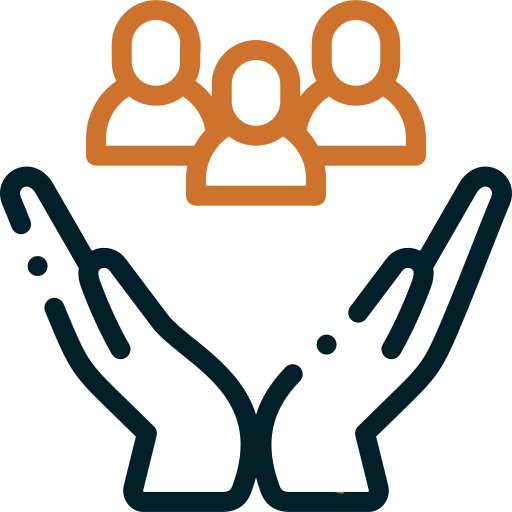Co-occurring disorders refer to the presence of both a mental health disorder and a substance use disorder in the same person. This condition is also called dual diagnosis.
It is a challenging situation that requires careful treatment and management. Mental health conditions and substance use often feed into one another, making recovery complex but not impossible. Understanding co-occurring disorders is the first step to effective treatment.











